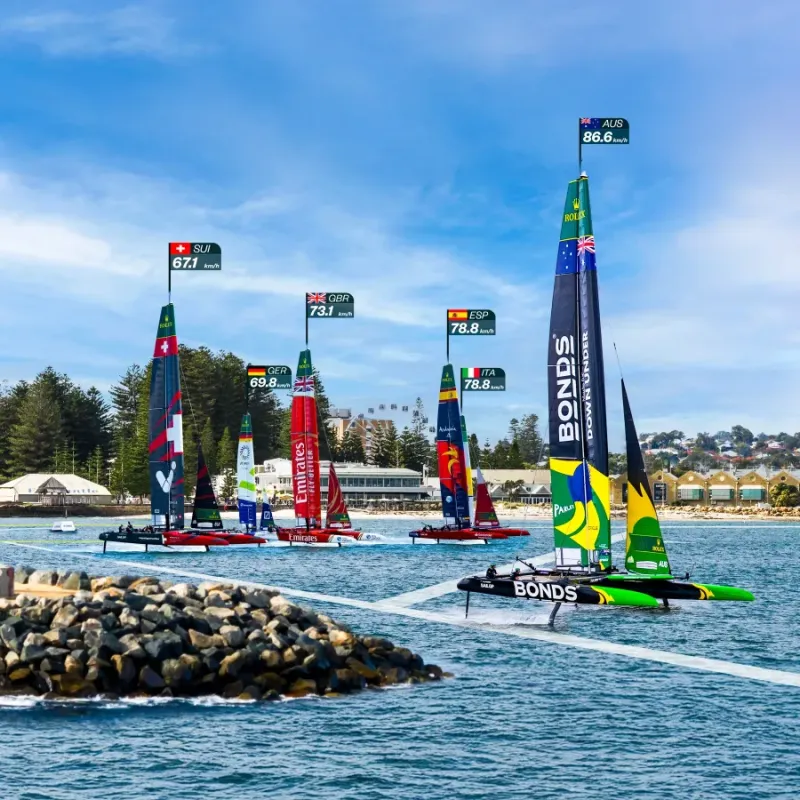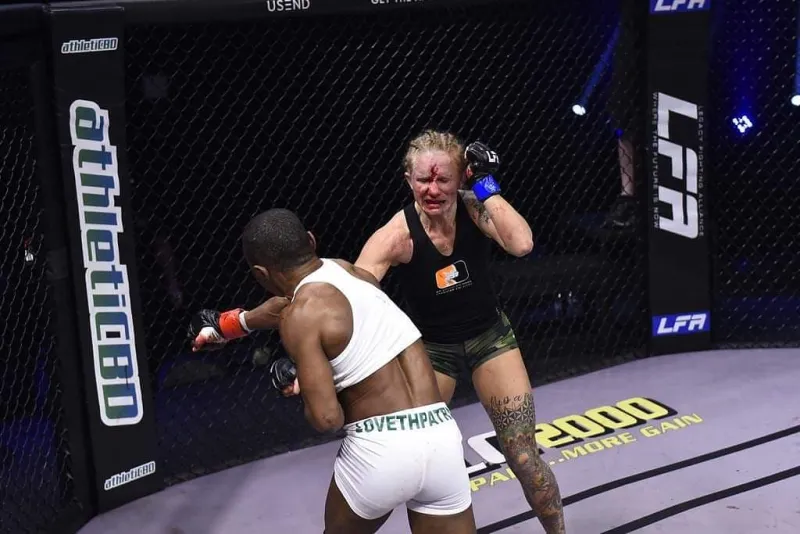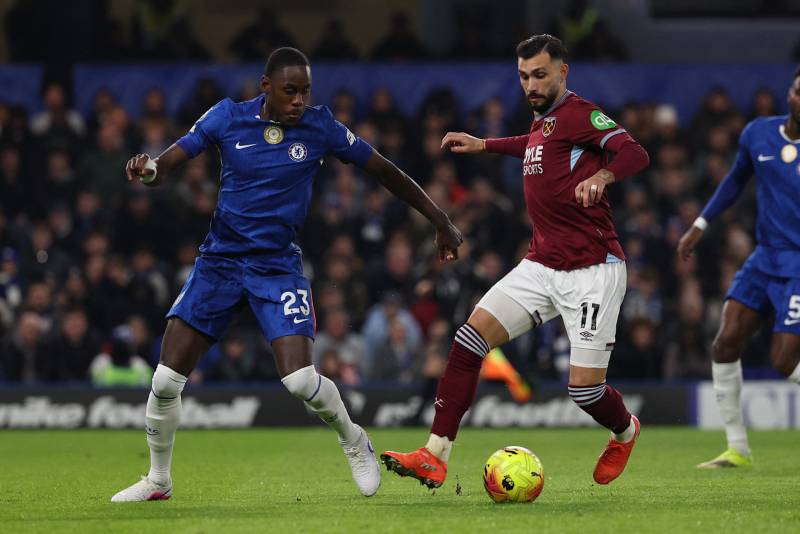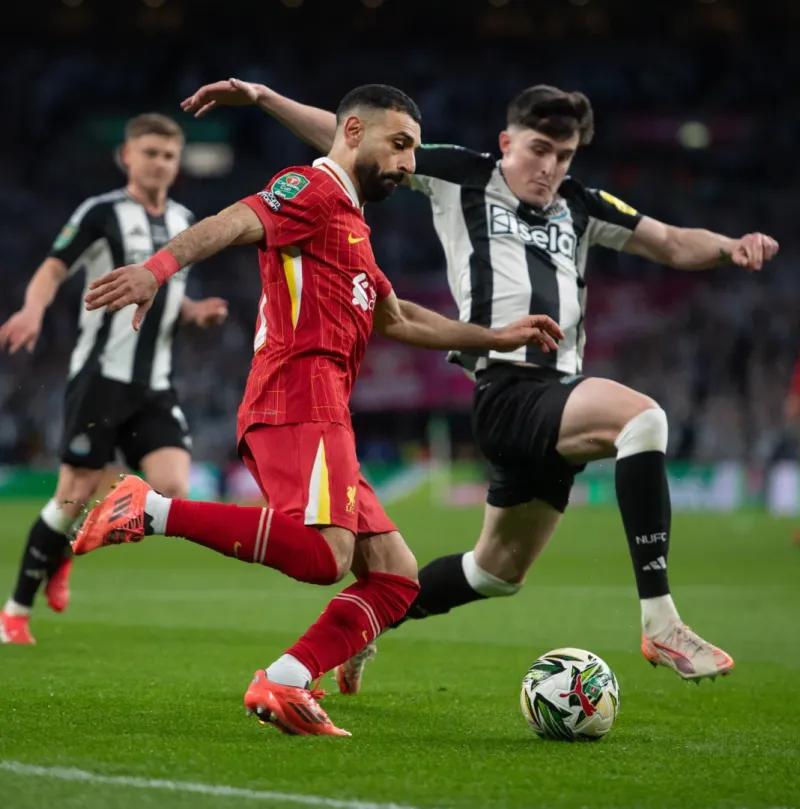On Sunday night at the Santiago Bernabéu, Atlético Madrid pulled off a spectacular smash-and-grab 2-0 victory against Real Madrid. Both Atlético goals came from surgical counterattacks, after being forced to soak up long spells of pressure. Despite playing most of the game on the front foot and having the majority of the chances, Real were undone by customary defensive lapses and a curious lack of intensity in key moments of the game.
Sounds pretty plausible, right? And to be fair, that’s almost what happened. As the particularly observant among you will have noticed, I just swapped the names of the two teams. In reality, it was Carlo Ancelotti’s Real Madrid who spent much of the game camped in their penalty area. It was Diego Simeone’s Atléti who ended up weaving lots of pretty patterns to very little effect. And in reality it was Real who won, opening up a 13-point gap between the city rivals that nobody seriously believes will be overhauled.
And yes, it felt strange. Not so much the result of the game as the way it unfolded: particularly if like many observers of a certain age you are still somehow conditioned by your idea of what Simeone’s Atlético should be, what they were, what they represent in the popular imagination. Atlético defend deep. They’re well organised. They make themselves suffer and in so doing make everyone else suffer. They don’t always win, but they know who they are. They’re bad bastards.
The catch is that none of this has really been true for a while. It wasn’t true when they won La Liga last season, a title won on the flair of Marcos Llorente and João Félix and Thomas Lemar as much as any intrinsic bastardness, and it certainly isn’t true now. For the most part Atléti don’t play 4-4-2 any more, they don’t defend deep or even particularly well. Most chillingly of all, they don’t really seem to know who they are.
Watching Luka Jovic and Vinícius Júnior barge their way up the field for Real’s second goal on Sunday felt curiously disorienting and perhaps even a little moving. The feyness of the challenges, the shambolic marking, the sense that here there was once something and now there isn’t. Or the previous weekend, when Real Mallorca overhauled a 1-0 deficit to win 2-1 with a counterattack and – you may need to sit down at this point – a header from a set piece. Clearly this is no longer Atlético, at least not how we remembered it. So what is it?
The title is gone and after scraping through their Champions League group with seven points, it’s hard to see a challenge emerging on that front either. And so, as ever at Atléti, the existential angst is never far away. “It looks like they have lost some of their identity,” Luis García said on ESPN at the weekend. “The bulldog has become a poodle dressed in Prada,” wrote Iñako Díaz-Guerra in Monday’s El Mundo. Some of the more militant fans on social media are adamant that Simeone has come to the end of the road. Others argue that only a return to Simeone’s core principles – total cholismo – will restore them to prominence.
Underpinning all this is a basic sense of loss, perhaps even a sort of rusting nostalgia. The same nostalgia you feel when the local old man’s pub gets converted into a trendy craft beer hangout selling pints by the third and something called “posh dogs”. You never visited the old place. You would actually cross the street to avoid it. Deep down, you quite like posh dogs. But still you feel sad, because it was familiar and timeless, and now it feels like nothing is.
And so in a way it’s pointless trying to make the argument that Simeone’s Atlético actually won the title playing possession-based football, or that Simeone himself is tactically a far more flexible coach than he is given credit for, or that injuries to players such as Stefan Savic and José María Giménez and Kieran Trippier have prevented Simeone from fielding a first-choice defence for most of the season, or that the classic Simeone sides were frequently derided as joyless, cynical anti-football. The memories are just too strong. Even in their new, evolving iteration it’s impossible to watch Simeone’s Atlético without simultaneously seeing what they were: a persistent refrain that you just can’t get out of your head.
Occasionally even Atlético themselves succumb to this. Often this season in big or tight games Simeone has reverted to what he knows best: low blocks, compactness, sitting on a lead rather than trying to extend it. Last Tuesday, after they beat Porto 3-1 in an ugly, ill-tempered Champions League game that saw a mass brawl and three red cards, the defender Mario Hermoso hailed it as an expression of classic Atléti values. “We’re Atlético Madrid,” he said. “We do things the hard way, and it tastes much better like this.”
In times of plenty, the answer is always to move forward. In times of strife, the answer is always to go back. Perhaps this is the essential paradox of Atlético Madrid, a team trapped between their past and their future, trying to articulate a new identity for themselves in the immense shadow of the old. In a way, you wonder if Atléti will ever really be able to move on while Simeone is still there. If the blessing was to build a team and an era that will stand as one of the great enterprises in the modern history of football, then maybe the curse is never being able to escape it.
SOURCE : Guardian




